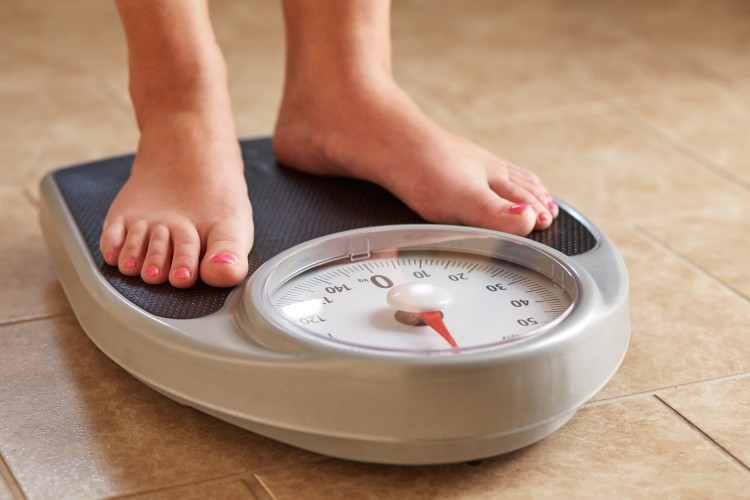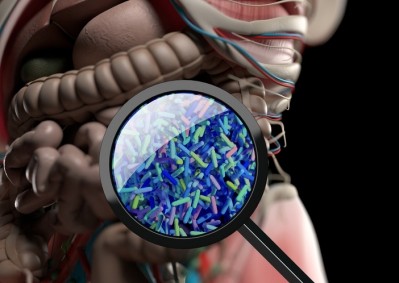ZOE study reveals why some of us feel hungry all the time

New research, conducted by the data scientists and collaborators at King’s College London, shows that ‘big dippers’ - people who experience big dips in blood sugar levels several hours after eating - end up feeling hungrier and eating hundreds more calories during the day than ‘little dippers’ whose responses are smaller.
The findings help to explain why some people struggle to lose weight, even on calorie-controlled diets, and highlight the importance of understanding each person’s unique biology when it comes to diet and health.
The research team collected detailed data from 1,070 people after eating more than 70,000 standardised breakfasts and freely chosen meals over a two week period.
The standard breakfasts were based on muffins containing the same amount of calories but varying in composition in terms of carbohydrates, protein, fat and fiber. Participants also carried out a fasting blood sugar response test (oral glucose tolerance test), to measure how well their body processes sugar.
Participants wore continuous glucose monitors (CGMs) to measure their blood sugar levels over the entire duration of the study, as well as a wearable device to monitor activity and sleep.
The research team also asked people to record their levels of hunger and alertness using a phone app, along with exactly when and what they ate over the day.
Bigger blood sugar dips lead to feeling hungry and eating more
Previous studies looking at blood sugar and hunger after eating have focused on the way that levels rise and fall in the first two hours after a meal, known as a blood sugar peak.
After analysing all the data, the researchers noticed that some people experienced significant ‘sugar dips’ 2-4 hours after this initial peak, where their blood sugar levels fell rapidly below baseline before coming back up.
These ‘big dippers’ had a 9% increase in hunger and waited around half an hour less before their next meal than ‘little dippers’ who didn’t have a pronounced sugar dip, even though they ate exactly the same meals.
Big dippers also ate 75 more calories in the 3-4 hours after breakfast and around 312 calories more over the whole day than little dippers. This kind of eating pattern could potentially add up to many pounds of weight gain over a year.
What makes you a big or little dipper?
The data also revealed big variations in blood sugar responses between people after eating exactly the same meals, but there was no correlation between age, bodyweight or BMI and being a big or little dipper, although males had slightly larger dips than females on average.
This fits with previous findings from PREDICT showing that even identical twins can have different responses to the same foods.
There was also some variability in the size of the dips experienced by each person in response to eating the same meals on different days.
They therefore conclude that whether you’re a big or little dipper comes down to a combination of a person's unique metabolism together with the day-to-day effects of the foods they choose and their activity levels.
ZOE gets $53m investment
ZOE is a UK and US based startup company led by Professor Tim Spector, in collaboration with AI consumer app experts Jonathan Wolf and George Hadjigeorgiou, and nutrition researchers from leading academic institutions including Massachusetts General Hospital, King’s College London, Stanford Medicine, & Harvard T.H. Chan School of Public Health.
The company used the data from two large-scale microbiome studies to build its first algorithm for its first home testing kit that enables program participants to learn how their body responds to different foods and get personalised nutrition advice
The company revealed this week that it has topped up its Series B round with $20M, bringing the total raised to $53M.
Wolf announced on LinkedIn on Tuesday (May 4th): "We have just topped up with a $20M B round, including new investor Ahren whose science partners include two nobel prize winners, and two-Time Super Bowl Champion Eli Manning. This brings cash on the balance sheet to $40M. We look forward to scaling up delivery of the ZOE program significantly now."
Source: Nature Metabolism
Wyatt, P., Berry, S.E., Finlayson, G. et al.
"Postprandial glycaemic dips predict appetite and energy intake in healthy individuals"





